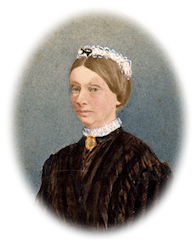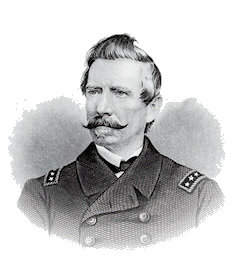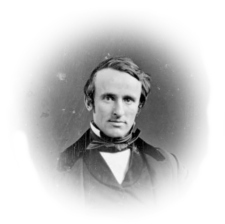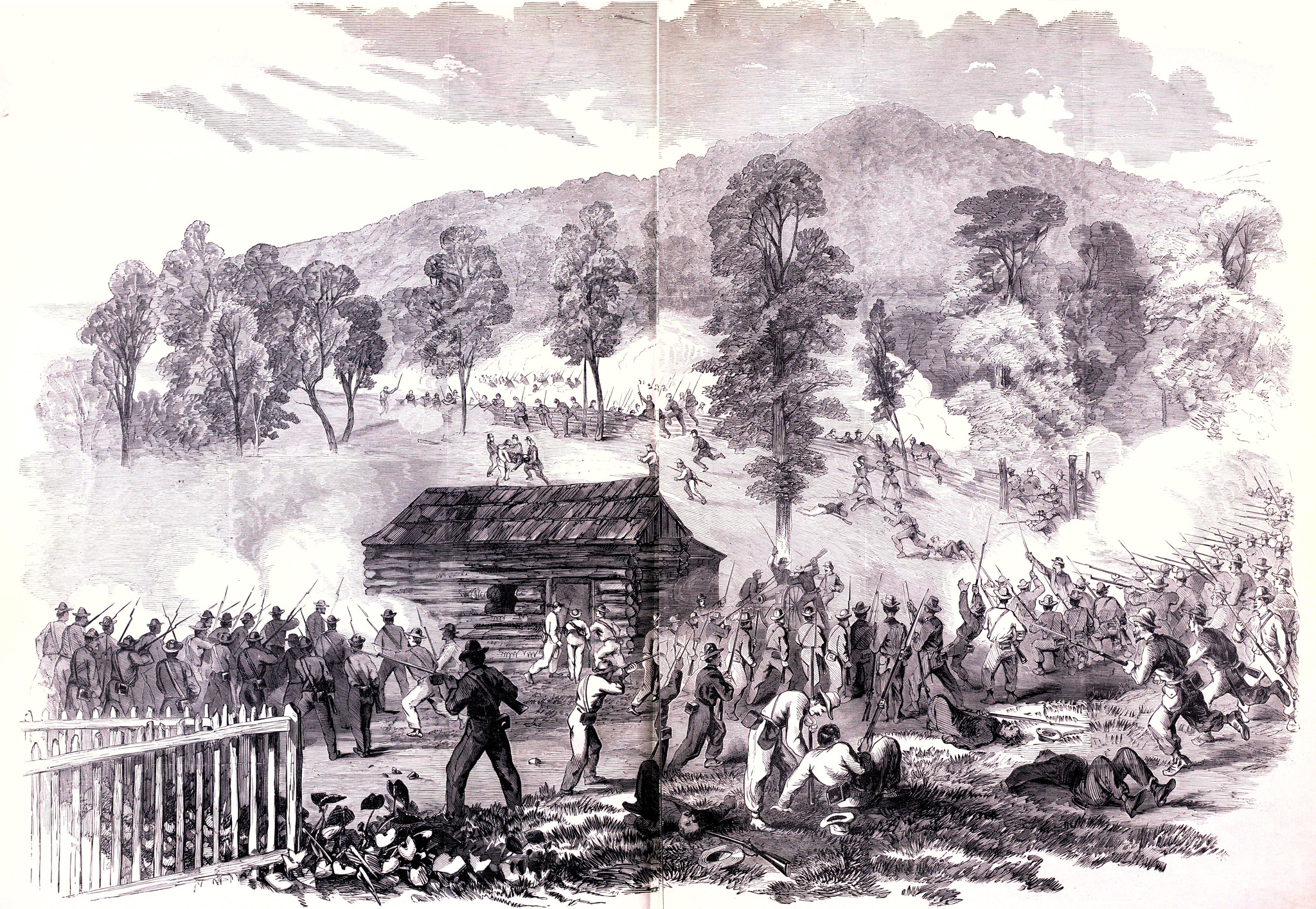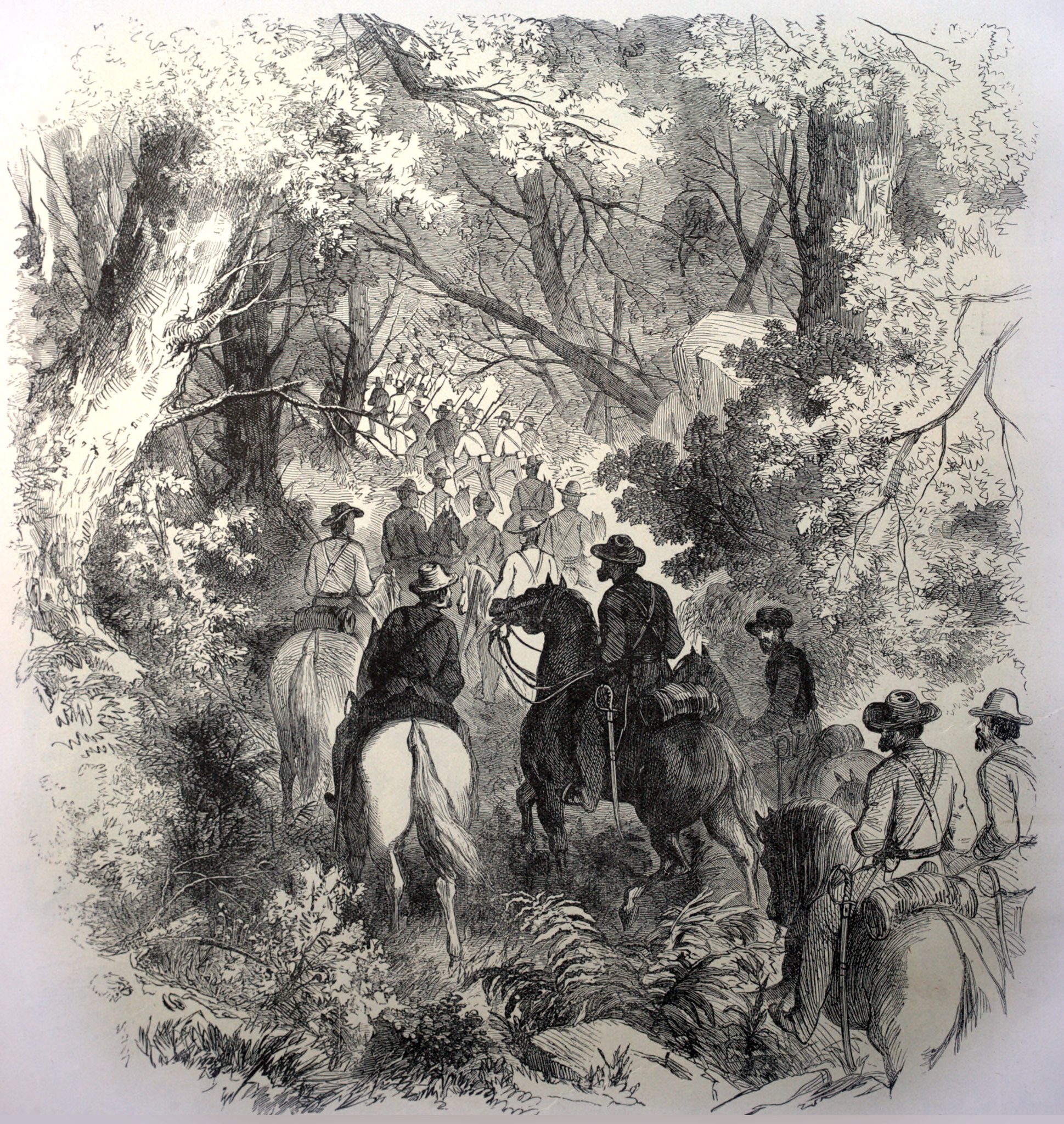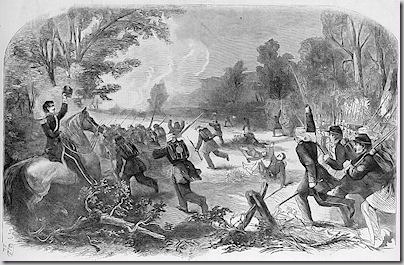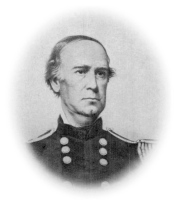–Last night, after the battle at Rich Mountain, Colonel Pegram, who was in command, withdrew from the fort near Beverly, leaving behind six guns, a largo number of horses,wagons, and camp equipage.–(Doc. 85.)
–J. P. Benjamin, Attorney-General of the Confederate States of America, issued a circular of instruction to Marshals in relation to prisoners of war, and persons captured at sea, as follows:–
1. All persons captured at sea and placed in custody of the Marshals, are at once to be confined in such manner as to prevent their obtaining any information which could be made useful to the enemy.
2. All persons captured on board of vessels (whether armed or unarmed) employed in the public service of the United States, are to be considered as prisoners of war. All persons employed in the service of the enemy, are to be considered as prisoners of war even when captured on unarmed vessels not employed in the public service of the enemy.
Persons captured on private unarmed vessels, and not employed in the public service of the enemy, are not prisoners of war.
3. As soon as the Marshal shall have received into custody persons captured at sea, he shall make out a list of their names, rank, and position, and submit one copy thereof to the judge of the court, and another to the captors or their proctor, for the purpose of designating such as are to be detained as witnesses.
4. After separating those who are to be detained in confinement as witnesses, the Marshal will at once deliver to the commander of the nearest military post all the prisoners of war; and will transport to the frontier and place beyond the limits of the Confederacy all such alien enemies as are not prisoners of war. –Baltimore American, July 22.
–This evening a detachment of three companies of Colonel Woodruffs Second Kentucky Regiment attacked six hundred rebels between Mad River and Barboursville, on the Kanawha River, Western Virginia, completely routing them. Ten or twelve rebels were killed and a number wounded. The Kentuckians had one killed.–(Doc. 85.)
–To-day the ladies of Martinsburg, Virginia, presented to the Second Wisconsin Regiment a beautiful National ensign. Coming as it does from the people of a State which has been declared out of the Union by her constituted authorities, the regiment received the donation with peculiar sensations of pleasure. The flag was presented with the following remarks :
Soldiers of the Wisconsin Regiment:–We have met this bright and beautiful morning to present to you this emblem of our national glory as a token of our high regard for you and our cause; we welcome you into our midst bearing the flag of our glorious country, trusting in God; this flag has protected the oppressed of all lands, who have sought its shelter, and so long as this flag shall wave the oppressed shall be free. Believing from what you have already accomplished, it will never be disgraced in your hands you will accept this token from the ladies of Martinsburg, Berkeley County, Virginia.–Baltimore American, July 23.
–The Senate of the United States passed the bill, which had previously passed the House, to provide for the collection of duties in such ports as are situated within States, or parts of a State refusing obedience to the ordinary revenue laws of the nation.
In such cases it is ordered by this new act that the Surveyors at the several ports shall be subject to all the obligations and provided with all the subordinate officers of Collectors, and that all the general provisions of law regulating trade and commerce shall apply to such ports in the same manner as they do to ports of entry established by the laws now in force.
The President is also authorized to direct that the custom-house for any district in which the collection of the customs in the ordinary way is obstructed, may be established in any secure place within such district, or on shipboard near the coast. Provision is also made for enforcing the regulations of Congress under this head. In cases where these extraordinary means maybe found unavailing for the purpose of protecting the public revenue, the President is authorized, by proclamation, to close such ports of entry; and any ship undertaking to disregard such proclamation is rendered liable to forfeiture.
Another section of the bill directs that all commercial intercourse between other portions of the Union and States, or parts of States, declared to be in insurrection, according to the terms of the act of 1795, shall cease and be unlawful so long as such condition of hostility exists.–National Intelligencer, July 13.
–The Thirty-sixth Regiment N. Y. S. V., commanded by Colonel Charles S. Innes, departed from Riker’s Island, direct for Washington.–N. Y. Times, July 13.
–In the House of Representatives at Washington, Mr. Vallandigham, of Ohio, offered a preamble and resolution, declaring vacant the seats of such members as have accepted commands in the militia of their several States, which occasioned a lively passage of words between various representatives, when the matter was tabled by ninety-two votes to fifty-one.
–Colonel Pegram, the commander of the rebel forces, near Beverly, Virginia, surrendered to General McClellan. This morning he sent a messenger to the Federal camp at Huttonsville, Va., stating that he, with six hundred men, would surrender as prisoners of war. They were nearly starved, and as Gen. Garnett was flying from Laurel Hill, to which point he was flying, he had no chance to escape. Gen. McClellan required an unconditional surrender. To this Col. Pegram was obliged to submit, and, with his whole force, was disarmed and marched into Beverly. Lieut.-Col. Cantwell, with a part of the Ohio Fourth Regiment, received their arms and took them in charge. His army was composed of the flower of Eastern Virginia, and contained among its curiosities a Professor in Hampden Sidney College, with a company of his students. Col. Pegram is a West Point graduate, a brave man, and has only left the United States array within a few months. Gen. Garnett, who is now flying with his whole force of six thousand men, is also a graduate of West Point, and was the commandant there a few years ago.–(Doc. 87.)
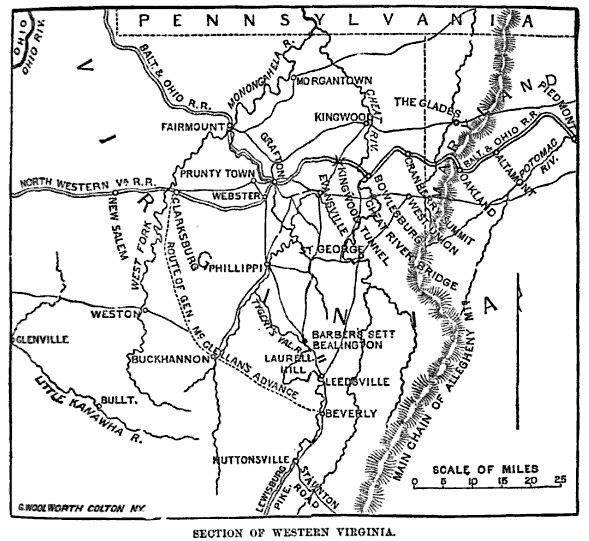
–The Galveston (Texas) Civilian, of to-day, contains the following:–”The San Antonio Ledger has late advices from New Mexico. Brigadier-General F. B. Stanton has arrived and organized two regiments for Lincoln’s service. The first regiment is commanded by Ceran St. Train, Colonel. The Second Regiment is commanded by Miguel Pino, Colonel, and Manuel Chara, Lieutenant-Colonel. The Fifth and Seventh Regular Infantry have orders to march to the States. So we may look for trouble in New Mexico.”

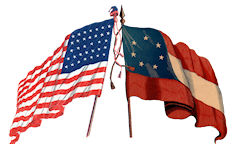
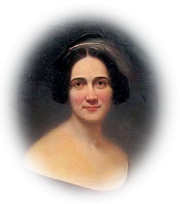

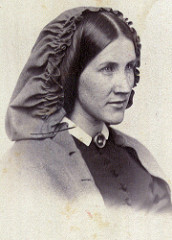
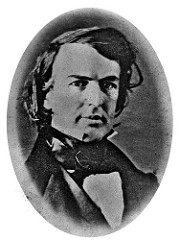
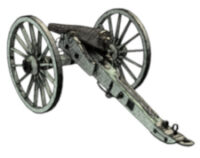
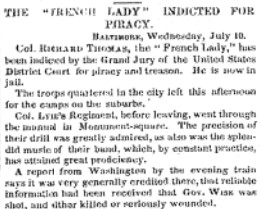 Col.
Col. 